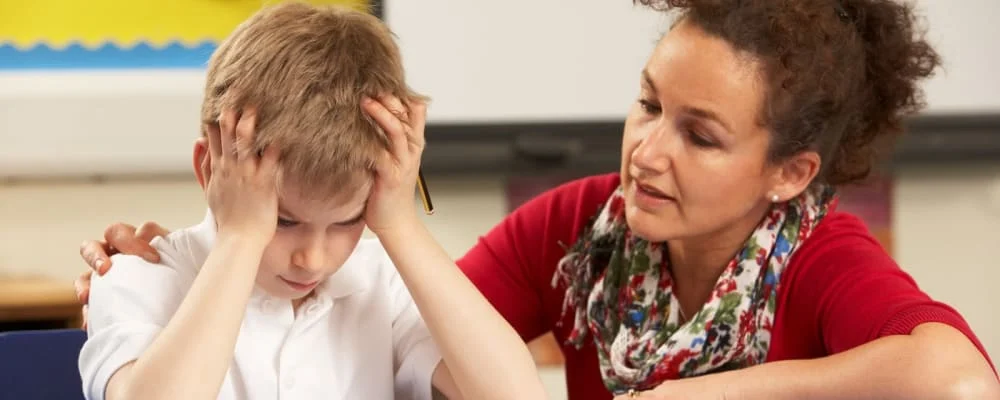 Children in England with a parent in prison have access to more support with a new, dedicated resource pack for schools and educational settings.
Children in England with a parent in prison have access to more support with a new, dedicated resource pack for schools and educational settings.
The new toolkit provides advice and support for teachers who have children in their classes with a parent in prison. It seeks to foster understanding about the issue in schools and to ensure that young people affected by imprisonment know that there is help available for them. The toolkit has been produced by national Catholic charity Pact, the Prison Advice and Care Trust.
With the prison population across England & Wales near a record high, so too is the number of children being affected by the imprisonment of a parent. It’s estimated that around 100,000 children have a father or mother behind bars right now and research estimates that around 1 in 15 children (7%) will experience a parent’s imprisonment at some point during their time at school.
Many children with a parent in prison go on to lead positive and fulfilling lives. However, a range of research shows that they are more likely to suffer from problems later in life, including mental health problems, homelessness and poverty.
The new toolkit provides teachers with a range of resources to support children affected by imprisonment. It seeks to give teachers the confidence to create a space for the whole class to discuss the issue and allows fellow students to empathise with children who are affected and find ways to support them.
Aimee Hutchinson, Children and Young People Lead at Pact, said:“The imprisonment of a father or mother can have a devastating impact on children and young people. With the right support, children with a parent in prison will go on to lead happy and fulfilling lives. However, it’s a sad fact that they face more challenges than many other children and that there remains a real stigma around having a family member in prison.
“We hope this new guidance will support teachers to have an open and constructive discussion about these issues that affect many thousands of children and young people every year.”

